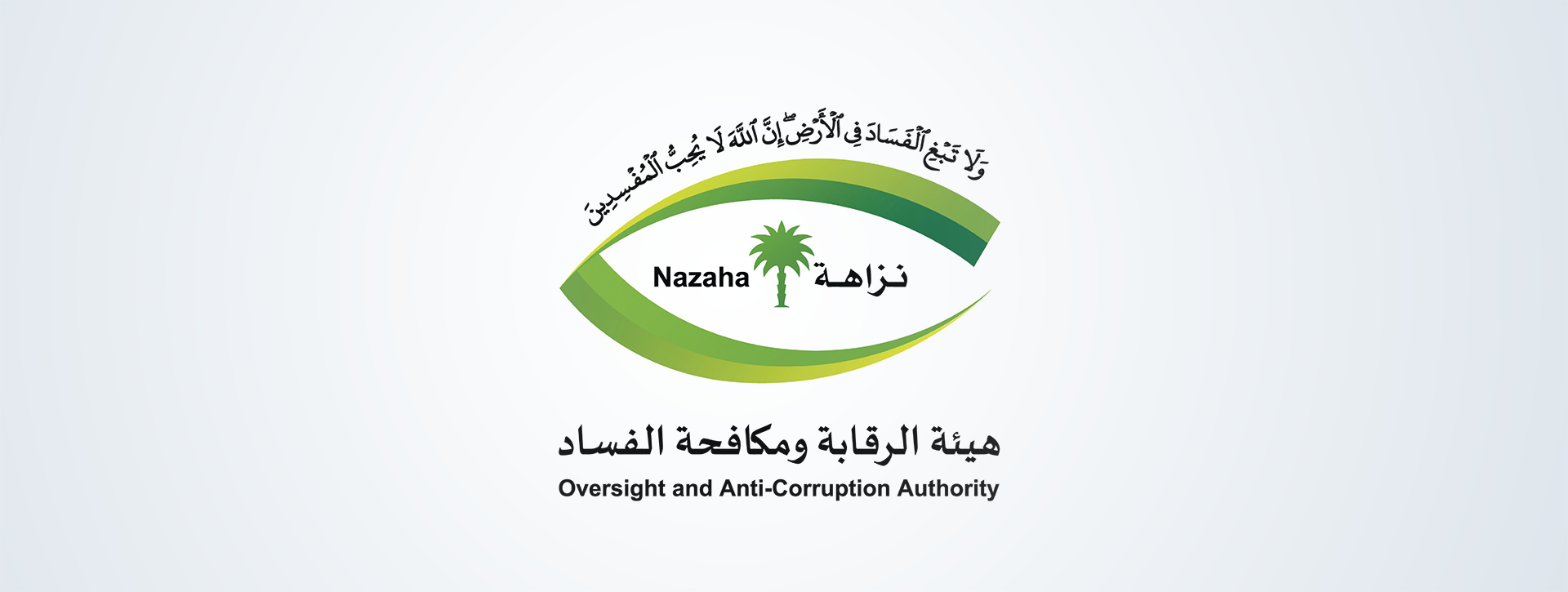Saudi Arabia’s Council of Ministers recently enacted a stringent new law designed to tackle corruption among government employees.
The Saudi Oversight and Anti-Corruption Authority (Nazaha) New Law was approved on 23 July 2024 by the Council of Ministers and mandates the immediate dismissal of any government employee found guilty of corruption. The New Law was published in Umm Al-Qura, the Kingdom’s official gazette, on 9 August 2024 and will take effect on 7 November 2024.
Nazaha established in 2011 to encompass all public sectors to combat financial and administrative corruption. “Nazaha” means “integrity” in Arabic.
According to a brief by the well-known law firm GreenbergTraurig:
“The New Law establishes detailed procedures for prosecuting government employees who accumulate wealth that is “inconsistent” with their reported income. If a public official (a term with broad application in the Kingdom) amasses wealth they cannot explain, and if this wealth is connected to corruption, the burden of proof would fall on the employee to demonstrate the assets’ legitimacy. This requirement also extends to the employee’s immediate family members, including spouses, children, and parents.
This marks a significant departure from standard prosecution practices, and a potentially novel way around a prevailing challenge in holding corruption perpetrators to account. Convictions in corruption cases often stumble when prosecutors struggle to establish intent, or to discredit sham arrangements concocted to disguise illicit benefits. By reversing the burden of proof and requiring officials to prove the legitimacy of their funds, Nazaha could overcome these issues and increase their chances of success. It is unclear at this point what kind of proof would be sufficient or acceptable to Nazaha.”
The new law defines corruption crimes to include bribery, misuse of public funds, abuse of power, and any other related crimes. Nazaha is linked to the king and enjoys financial and administrative independence.
According to a report in Zawya the law has redefined Nazaha’s powers, “the most prominent of which include monitoring to detect administrative violations and corruption crimes; receiving complaints and reports related to them and verifying their validity; conducting investigations and filing lawsuits before the competent court; conducting criminal investigations and seizures. The powers also include following up on the recovery of funds and proceeds resulting from the commission of any of the crimes; taking precautionary measures with regard to those against whom there is evidence or indications of committing such crimes, and providing protection for whistleblowers.”
As noted in the GreenbergTraurig brief, “In a first for Nazaha, the New Law allows individuals accused of corruption to resolve their cases through a newly proposed settlement process if they make a formal request to do so. Nazaha has not yet released details of the settlement process, though it may release guidelines that would require confirmation by Royal Decree before taking effect.”
From 2021 to 2023, Nazaha has arrested approximately 5,000 individuals in connection with corruption cases. In the last month, Nazaha has arrested 155 government officials on corruption charges and 924 inspection raids throughout June 2024.
To read more, click here, here and here.









